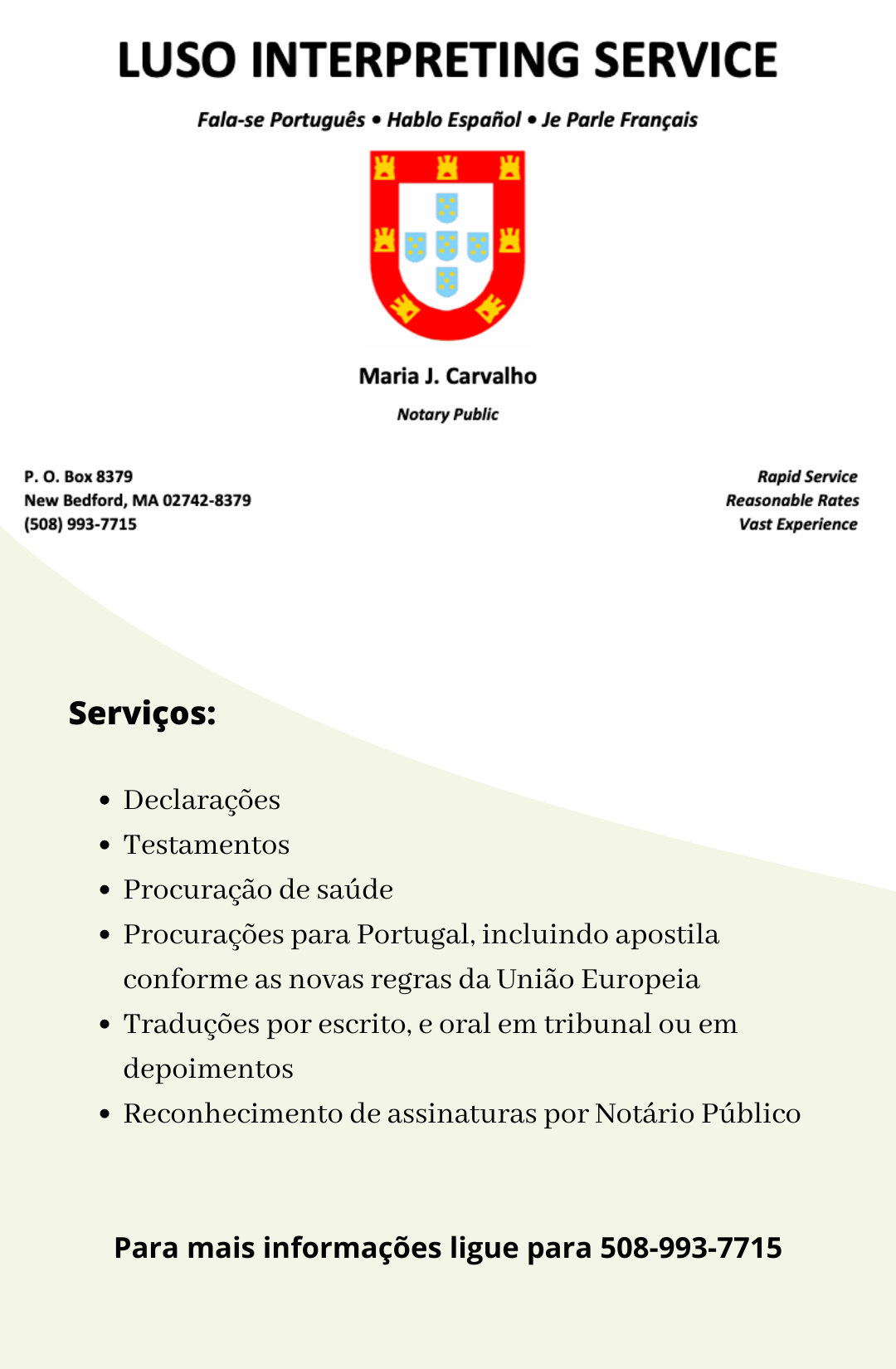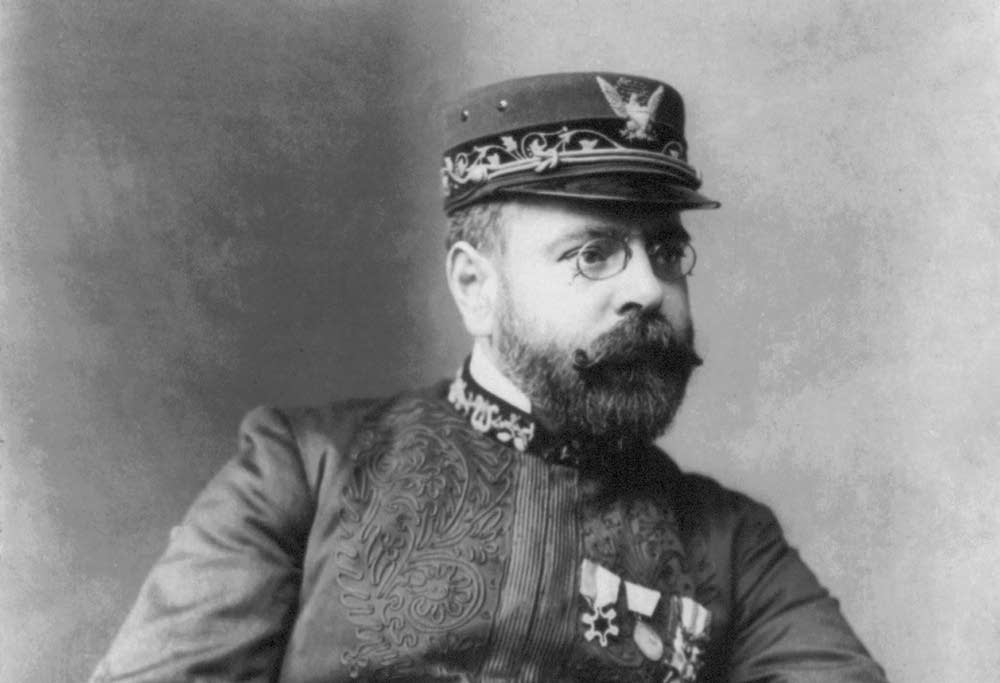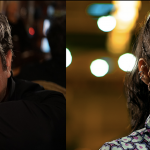On this 20th day of January of 2021, millions of American citizens and foreigners watched the inauguration of Joseph R. Biden Jr. as the 46th leader of this great American nation.
Just like them, I too watched the ceremony and, at a certain moment, I understood something significant for me, and for millions of other Portuguese immigrants in this nation that welcomed us.
Through Sousa’s music, we were also there.
John Philip Sousa grew up in the Washington, D.C. area. At age six, he learned to play the violin and, later on, various other band instruments. He also studied harmony and musical theory with John Estupa and with George Felix Benkert.
In 1867 Sousa started to follow in his father’s footsteps as a trombonist in his band (1880-92).
In 1892 he formed his own group carefully selecting the most skilled musicians in the military and symphonic style.
He made various tours throughout the United States and Europe from 1905 to 1909, with a world tour in 1910-1911.
He composed 136 marches, such as “Semper Fidelis” in 1888 which was adopted as the official march of the U.S. Marine Corps, “The Washington Post” in 1889, “The Liberty Bell” in 1893, and “The Stars and Stripes Forever” in 1897.
Between 1879 and 1915 he wrote many other works, including the popular
march “El Capitan”.
He enlisted in the U.S. Navy during World War I and lead the band in the training center at Great Lakes Naval Base, in Illinois.
Never forgetting his musical legacy, and as a music teacher, he wrote an instruction book for trumpet and drum.
He also wrote three novels and his own autobiography.
Sousa’s work resounds throughout the entire world. Not only in ceremonies of inauguration of heads of state but also as parades and presentations, and even circuses.
John Philip Sousa was given the name of “The March King” or “The American March King”.
His works were greatly popular partly due to the brassy sounds lending them a sense of spectacle and grandeur.
We, as Portuguese, are proud of his contribution to the land that opened ajar its doors for us.
We are the sons and daughters of the same country whose Portuguese blood also runs in its veins and elevated our culture and heritage to a higher level.
Yes, with the well-known musical notes of John Philip Sousa, we the Portuguese were also represented at the inauguration of the 46th president of the United States.
Maria José Carvalho, FeelPortugal Magazine
Artigo em Português
JOHN PHILIP SOUSA, a presença Portuguesa na Inauguração do 46° Presidente dos Estados Unidos
Neste 20° dia de Janeiro do ano 2021, milhares de cidadãos Americanos e estrangeiros assistiram, pela televisão, á inauguração de Joseph R. Biden Jr. como 46° líder desta grande nação Americana.
Idêntico a essa multidão, também assisti á cerimónia e a certo momento, compreendi algo significante, para mim, e certamente para milhares de outros imigrantes Portugueses nesta nação que nos acolheu. Através da música também nós lá estávamos.
O compositor John Philip Sousa, filho de pai Português e de mãe Alemã, deu ao mundo o seu contributo musical, deixando um legado inconfundível.
Sousa cresceu na área de Washington, D.C. onde com a idade de seis anos aprendeu a tocar violino e mais tarde vários instrumentos de banda, tendo também estudado harmonia e teoria musical com John Estupa e mais tarde com George Felix Benkert.

Em 1867 começou a seguir a carreira paterna como
trombonista no seu grupo musical (1880-92).
Em 1892 formou o seu próprio grupo cuidadosamente selecionando os músicos mais virtuosos no estilo de música miliar e sinfônica, tendo feito várias digressões pelos Estados Unidos e Europa de 1905 a 1909, com uma turnê mundial em 1910-1911.
Ele compôs 136 marchas, entre as quais “Semper Fidelis” em 1888, a qual se tornou a marcha oficial do Corpo de Fuzileiros Navais dos Estados Unidos, “The Washington Post” em 1889, “The Liberty Bell” em 1893, e “The Stars and Stripes Forever” em 1897.
Entre 1879 e 1915 escreveu muitas outras obras, incluindo a popular marcha “El Capitan”.
Alistou-se na Marinha de Guerra Americana durante a Primeira Guerra Mundial e liderou a banda no centro de recrutamento da Base Naval de Great Lakes no Estado de Illinois.
Não esquecendo o seu legado de músico e professor musical, escreveu um livro de instrução musical para trompete e bombo, três novelas, e a sua própria autobiografia.
A sua obra é ressonante por todo o mundo, não apenas em cerimónias como a inauguração de presidentes de estado, como desfiles e até circos.

- Fadista Sara Correia Performs at 2023 Lowell Folk Festival

- An Evening of Fado with Maria Emília and Helder Moutinho in Lowell, MA

- Fado Museum, in Lisbon, inaugurates “Celeste” exhibition, a tribute to fado singer Celesta Rodrigues (1923-2018)

- INTERVIEW: “Ice Merchants” Producer Needs Funding for Final Step Toward the Oscars

- Portuguese communities in North America reject SATA’s “abusive” prices

Foi-lhe dado a alcunha de “rei das marchas”, sendo as mesmas muito populares devido aos sons de instrumentos de sopro ritmados, dando um senso de espetáculo e de grandeza.
Estamos todos orgulhosos do seu contributo à pátria que nos abriu as portas de par em par, e aos filhos da mesma, cujo sangue Português lhes correu nas veias e elevou a nossa cultura e herança a um patamar significante.
Sim, com os já conhecidos acordes musicais de John Philip Sousa, nós, os Portugueses, também estivemos representados.
Maria José Carvalho, FeelPortugal Magazine









